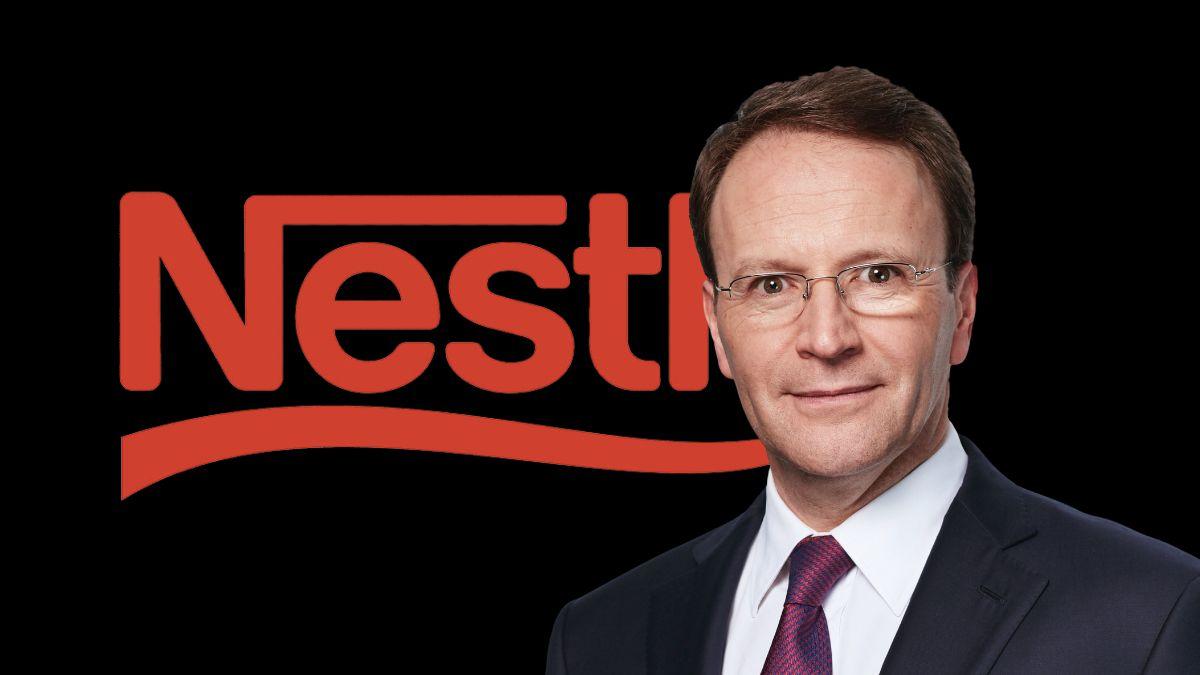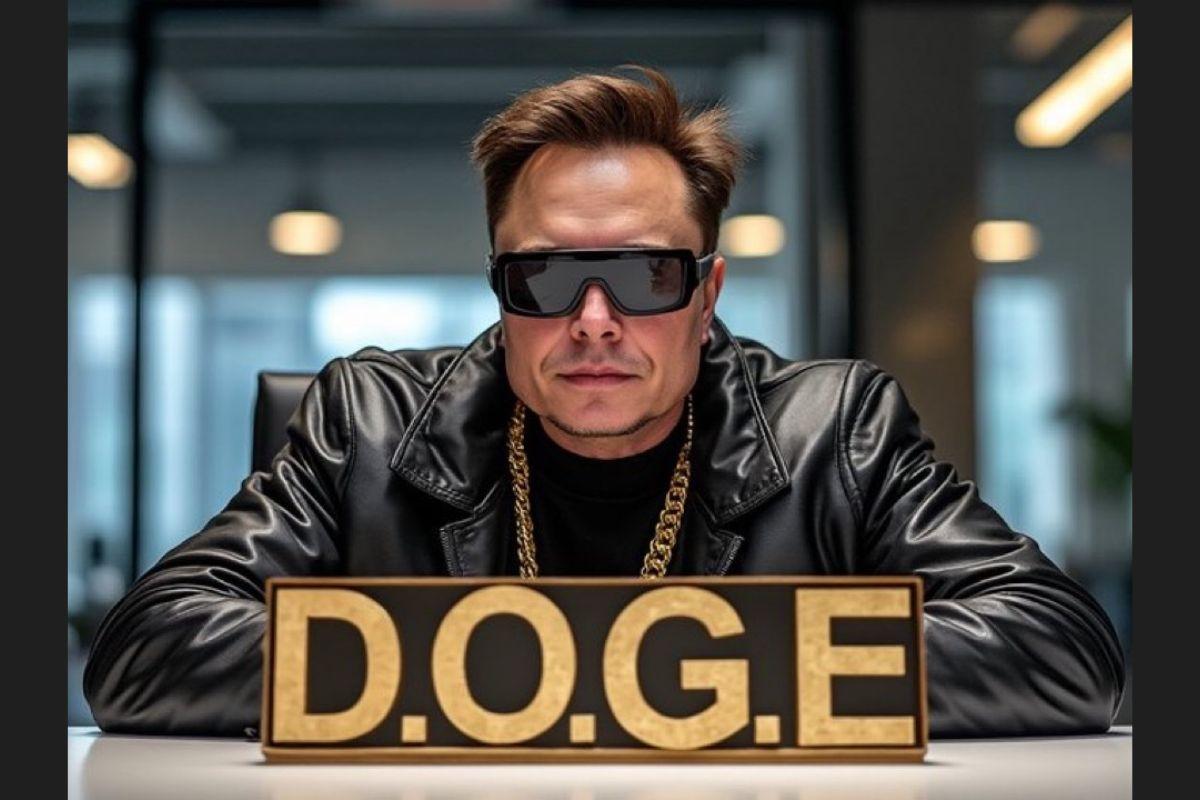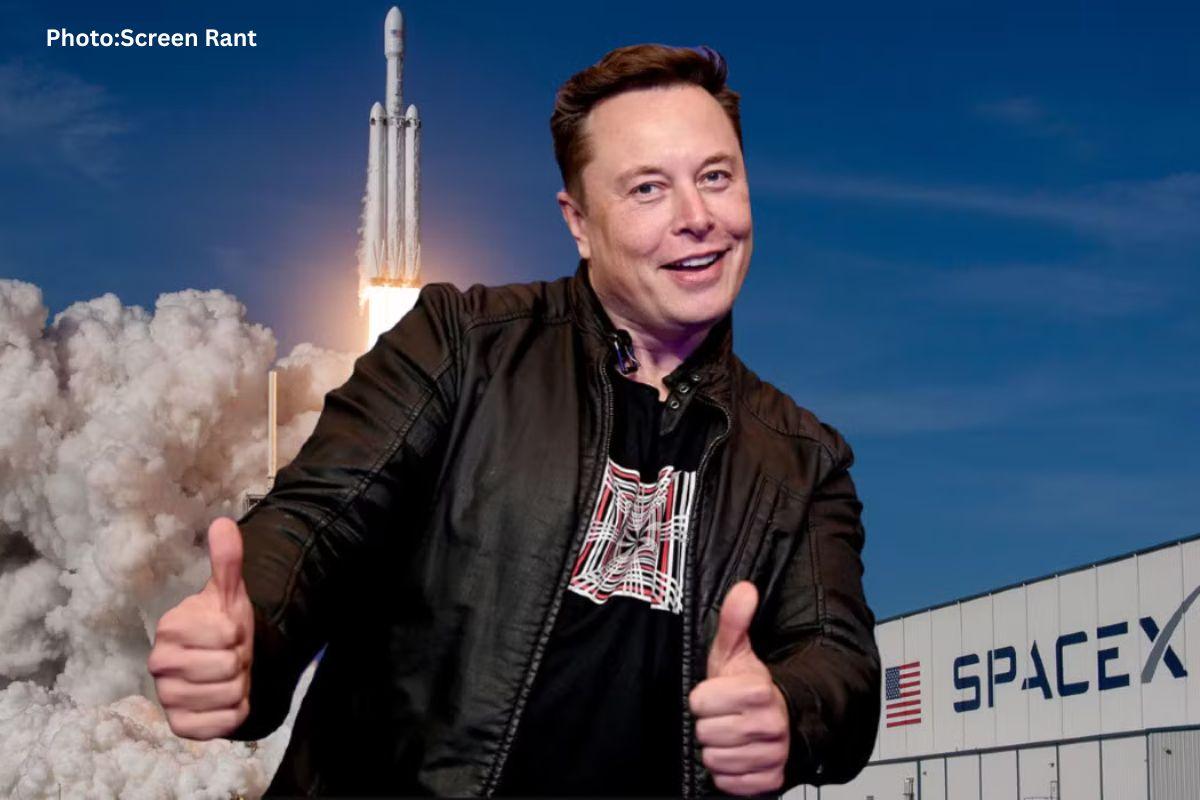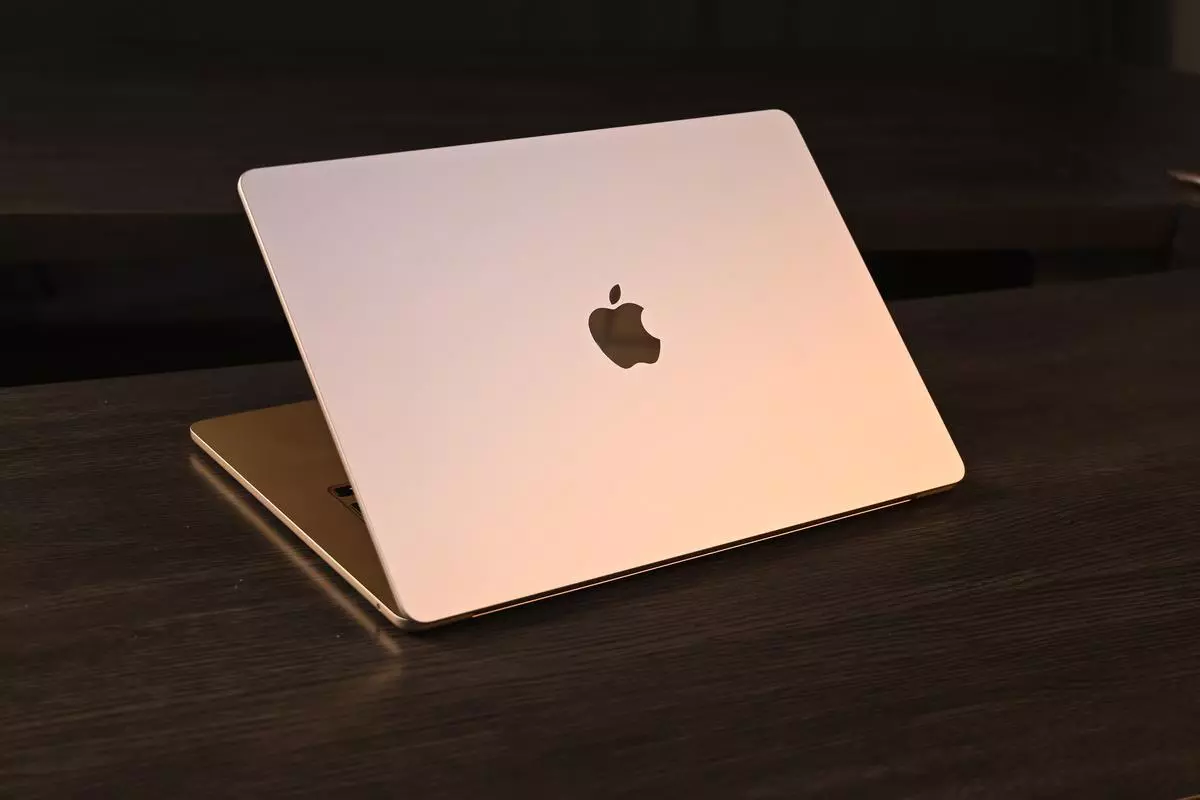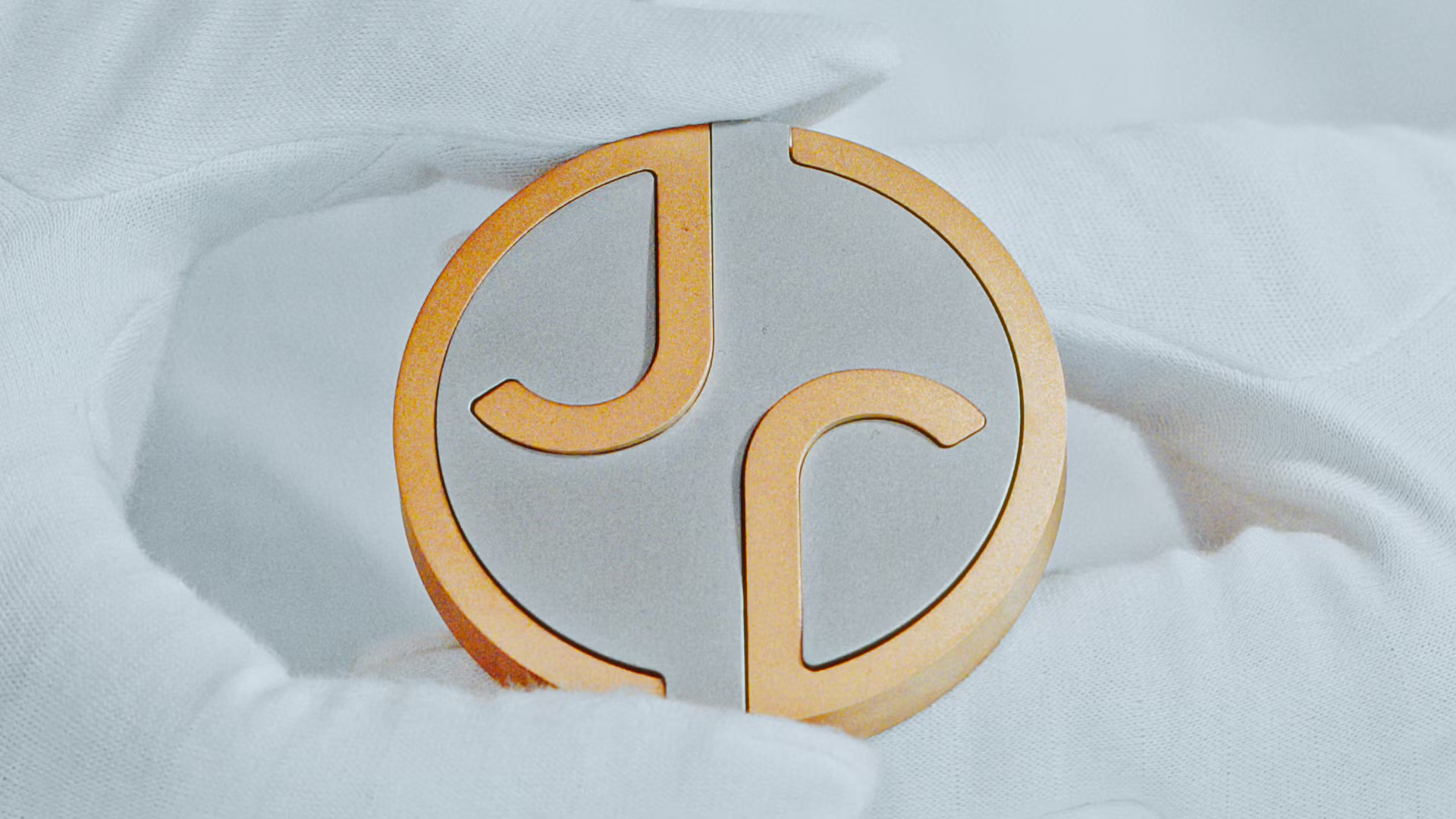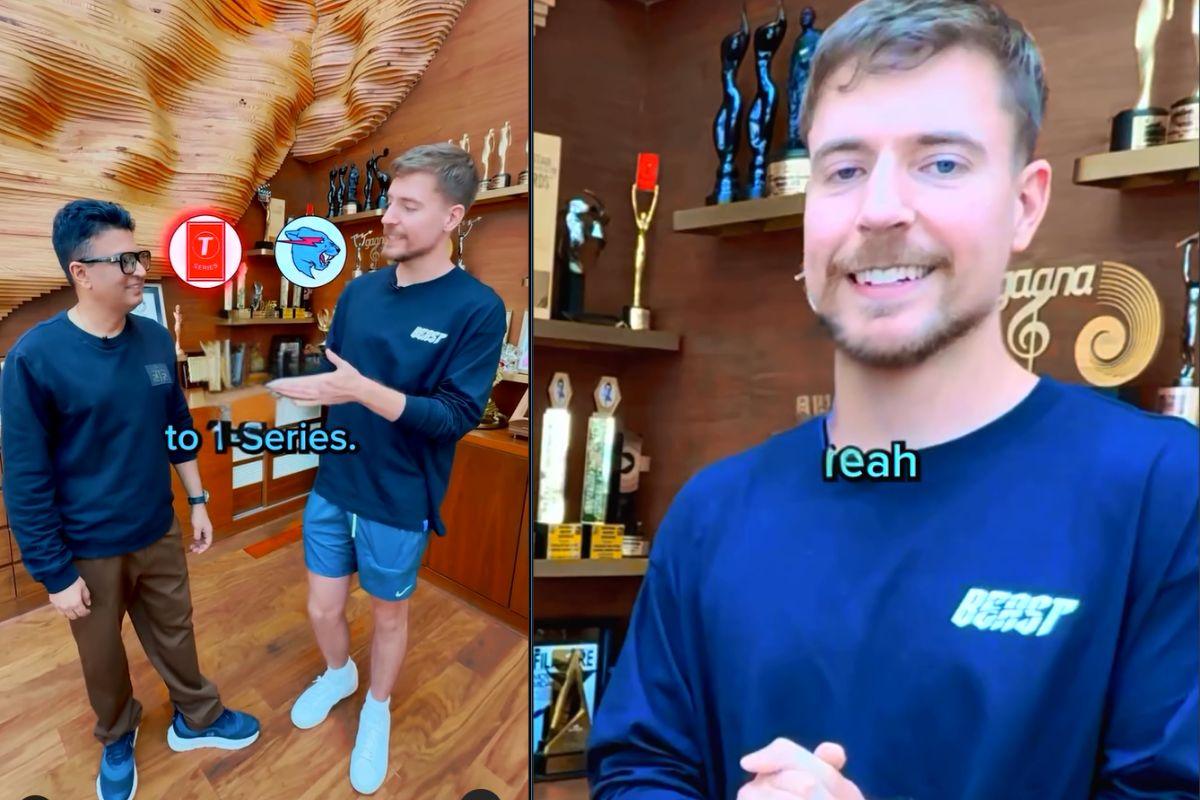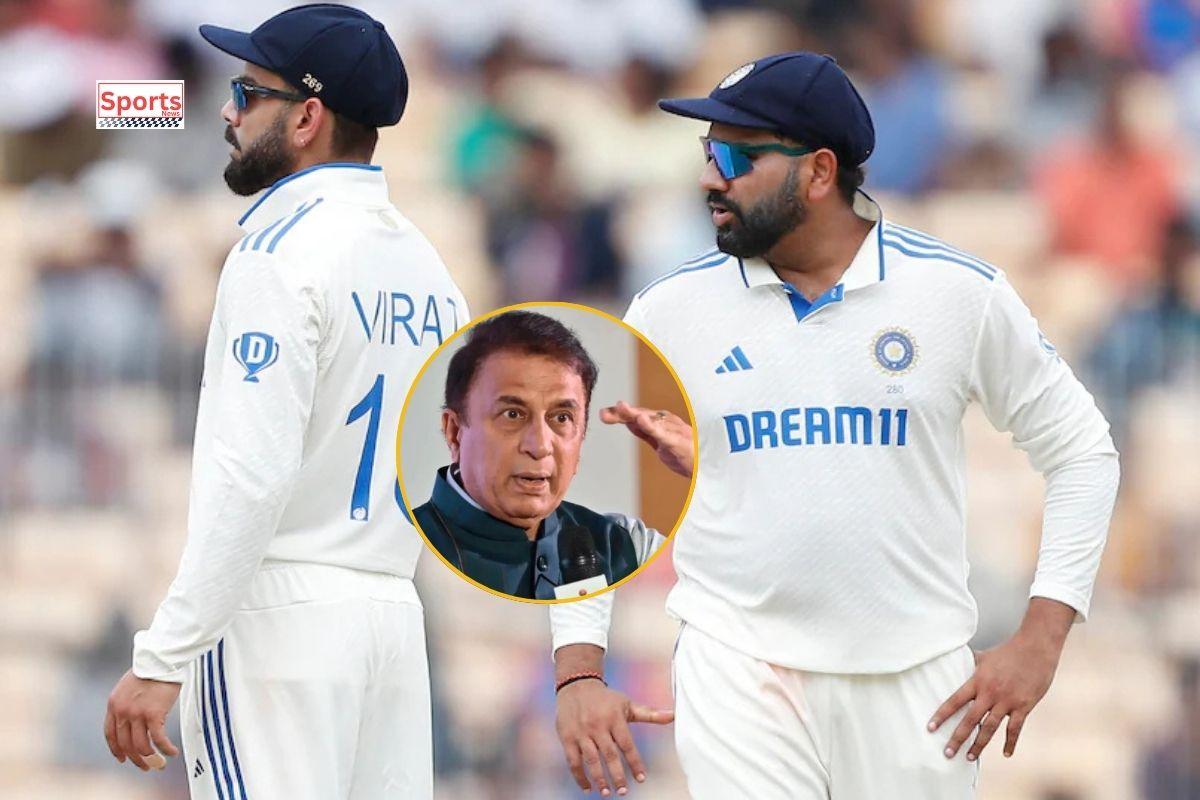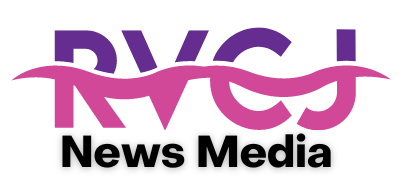Nestle (NESN.S) announced on Thursday that it is replacing CEO Mark Schneider with company veteran Laurent Freixe. This leadership change comes as the Swiss food group confronts the challenge of driving sales growth.
Table of Contents
Who is Mark Schneider?
Mark Schneider was born on September 9, 1965 in Neuwied, Germany. He holds a doctorate in economics from the University of St. Gallen in Switzerland and an MBA from Harvard Business Schoo.
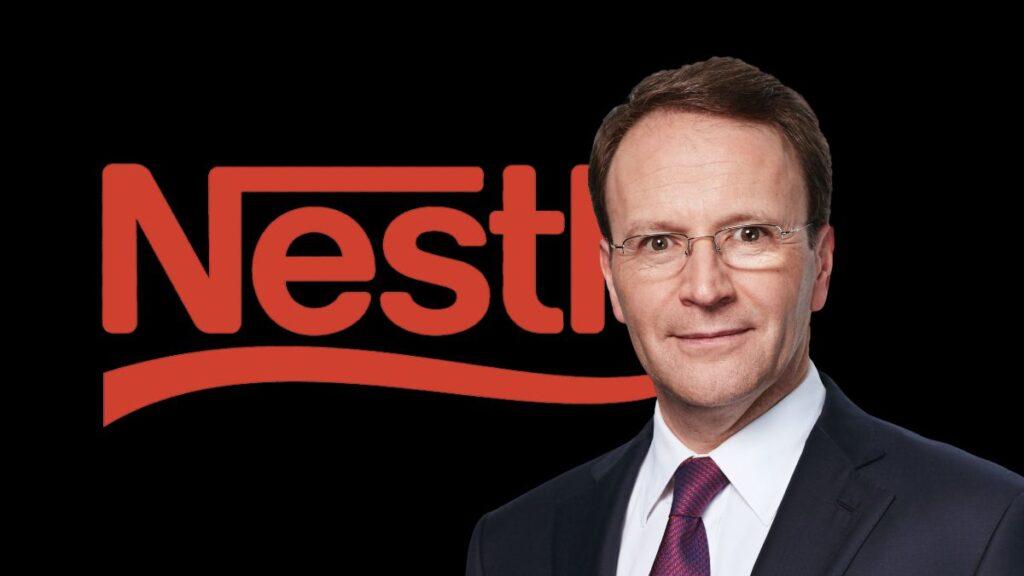
In 2001, Schneider joined Fresenius as chief financial officer of Fresenius Medical Care. From 2003 to 2016, he was CEO of the parent company Fresenius. During his tenure, Fresenius expanded significantly through major acquisitions.
In June 2016, Schneider was appointed CEO of Nestlé S.A., becoming the first outsider to run the company since 1922. As CEO of Nestlé from 2017 to August 2024, Schneider focused the company’s strategy on high-growth categories like coffee, pet food, baby food, water, and consumer health. He led numerous acquisitions and divestitures to reshape Nestlé’s portfolio.
In August 2024, Nestlé announced that Schneider would step down as CEO effective September 1, 2024, and be replaced by Laurent Freixe.
New CEO of Nestle
Mark Schneider has chosen to step down as CEO and a member of the board of directors after eight years at the helm of Nestlé, the world’s largest packaged food company. The 58-year-old German executive led the company through a significant transformation, shifting away from its traditional category-led structure in response to the COVID-19 pandemic, during which Nestlé saw a surge in demand as consumers stocked up on food and drinks for home consumption.
Why Nestle Changes Freixe?
Recently, Nestlé has faced challenges, including a cut in its full-year sales outlook and a need to slow price hikes as customers became more price-sensitive. Despite reaching its highest share price in January 2022 under Schneider’s leadership, Nestlé’s stock has been on a downward trend since May 2023. Investor confidence waned as the company, known for products like KitKat and Nescafé, significantly underperformed compared to rivals such as Unilever (ULVR.L).
While companies like Unilever, Danone, and other food makers have managed to lower product prices and drive sales volumes in recent quarters, Nestlé has struggled to win back customer loyalty lost due to price hikes implemented after the pandemic and Russia’s invasion of Ukraine.
When asked about his strategic approach compared to Schneider’s, Laurent Freixe, the new CEO, emphasized that Nestlé would concentrate on its “core” activities. With more than 2,000 brands under its umbrella, ranging from dog food to water and infant nutrition, Freixe plans to focus on strengthening these key areas to drive growth.
“I will put a lot of focus on the core. I won’t exclude, of course, M&A,” Freixe stated. “But…the big message is focus on the core.”
Effective September 1, Freixe will step into his new role. He joined Nestlé in France in 1986 and has since held significant positions, including leading Nestlé’s European business during the 2008 financial crisis, heading the Americas unit, and most recently, leading the Latin America business from 2022, where he oversaw notable growth.
What strategic acquisitions did Mark Schneider make at Nestlé
Under Mark Schneider’s leadership, Nestlé made several strategic acquisitions to enhance its portfolio and focus on high-growth categories. Notable acquisitions include:
- Atrium Innovations: A company specializing in dietary supplements, acquired to strengthen Nestlé’s health and wellness segment.
- Blue Bottle Coffee: Acquired a majority stake in this premium coffee brand to expand Nestlé’s presence in the coffee market.
- Sweet Earth Foods: A plant-based food company that aligns with the growing consumer demand for healthier, sustainable food options.
- Chameleon Cold-Brew: This acquisition allowed Nestlé to tap into the cold brew coffee market.
- Tails.com: A pet food company that enhances Nestlé’s offerings in the pet care sector.
- Freshly: A meal delivery service that fits into the trend of convenient, ready-to-eat meals.
- Starbucks Retail Brand: This acquisition included the rights to sell Starbucks-branded products in grocery stores, significantly boosting Nestlé’s coffee portfolio.
Overall, Schneider’s strategy involved divesting from stagnant categories, such as U.S. confections and ice cream, while pursuing growth in sectors like coffee, pet care, baby food, and nutritional health products.
Conclusion
In conclusion, Nestlé’s leadership transition to Laurent Freixe marks a strategic shift as the company seeks to regain its footing and customer loyalty amidst recent challenges. With a focus on its core activities and a willingness to consider mergers and acquisitions if beneficial, Freixe aims to refocus Nestlé’s efforts on its most vital areas. His extensive experience with the company, particularly in driving growth in Latin America, positions him well to navigate the current market landscape. As Freixe takes the helm on September 1, the company’s ability to adapt and refine its strategy will be closely watched by investors and industry observers alike.
Discover more from RVCJ News Media
Subscribe to get the latest posts sent to your email.
